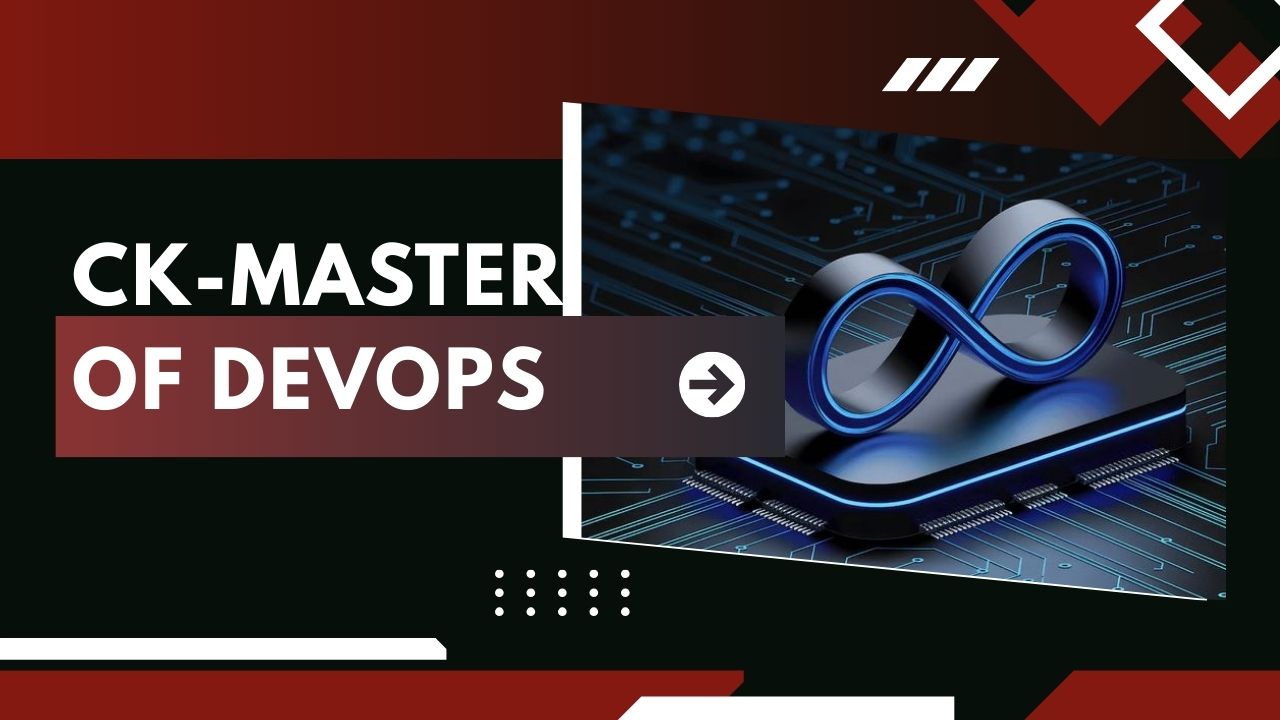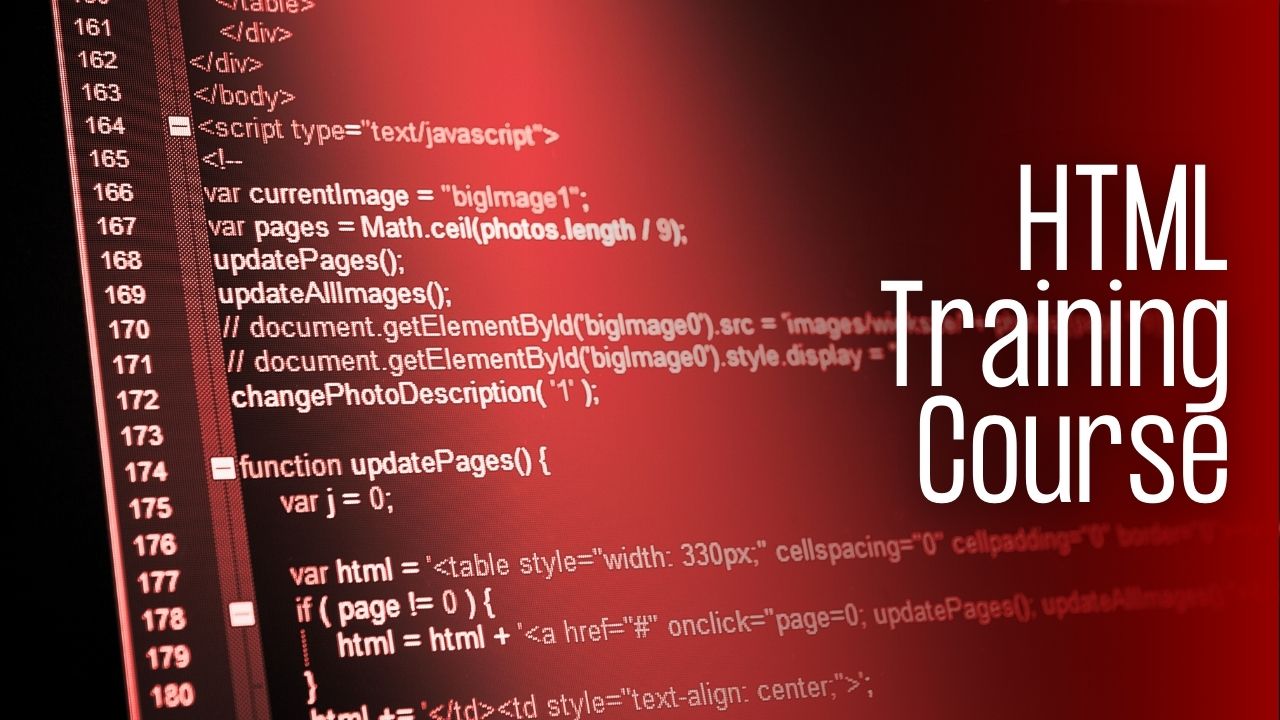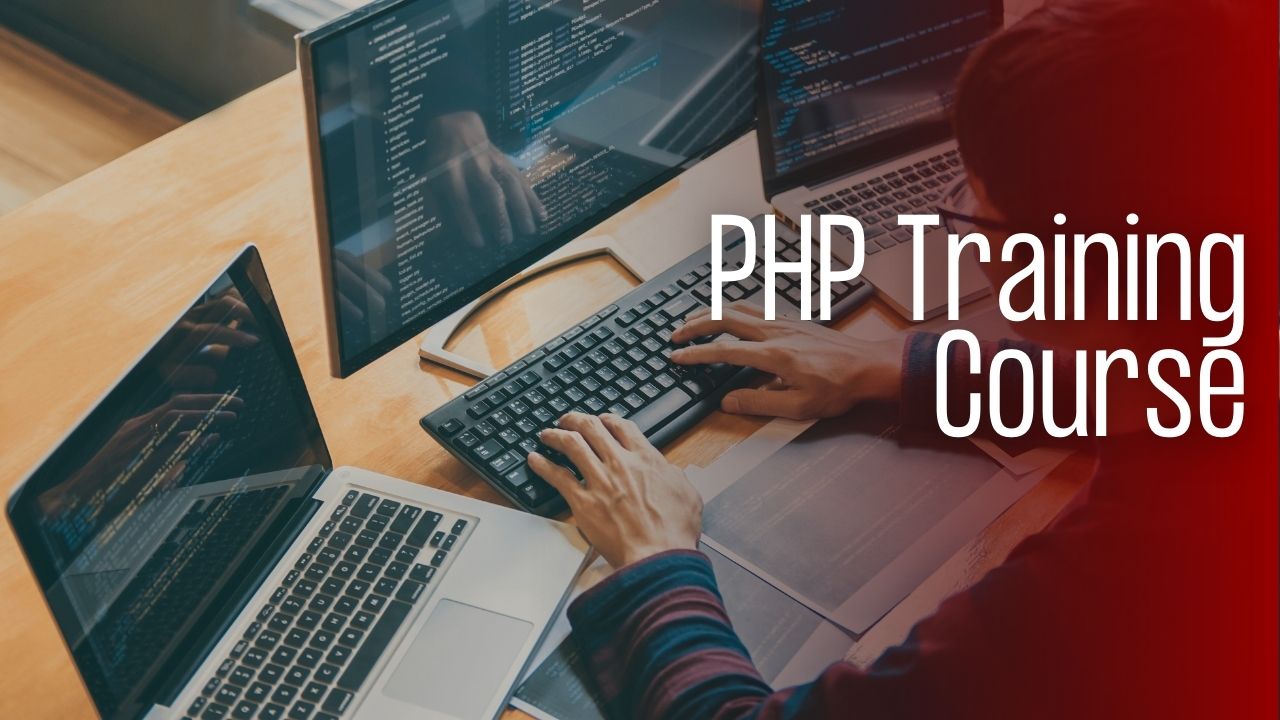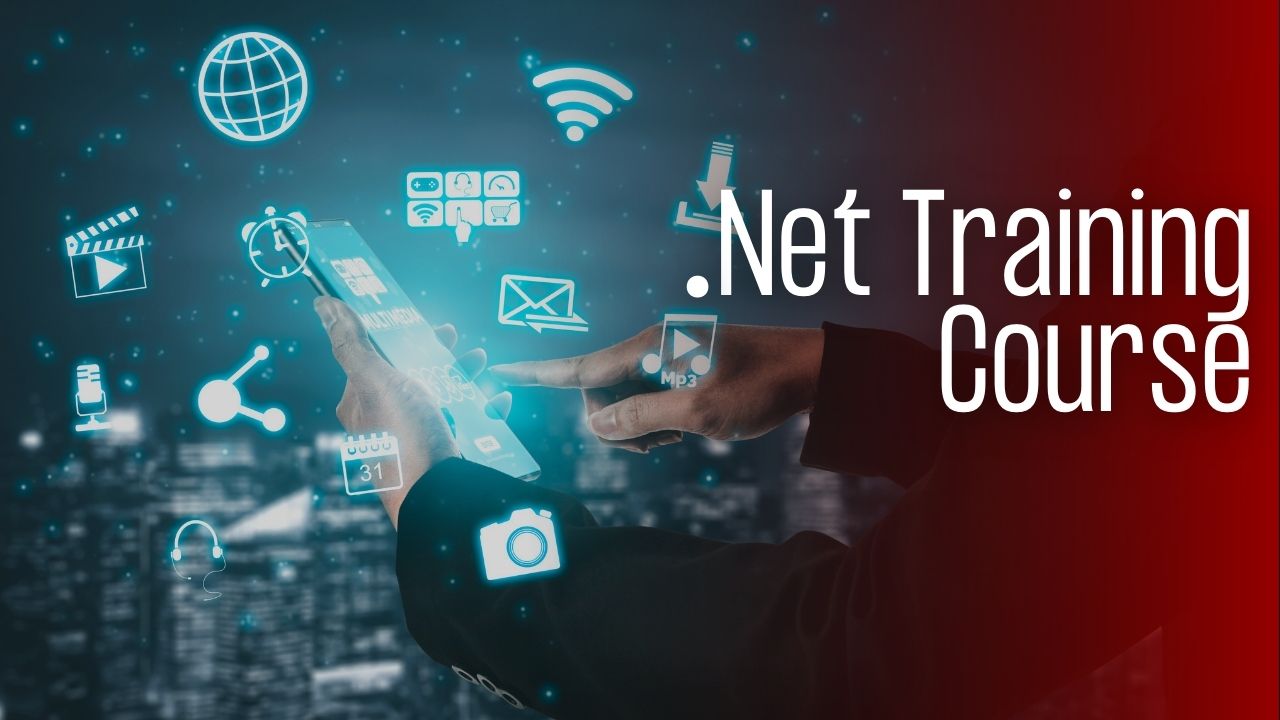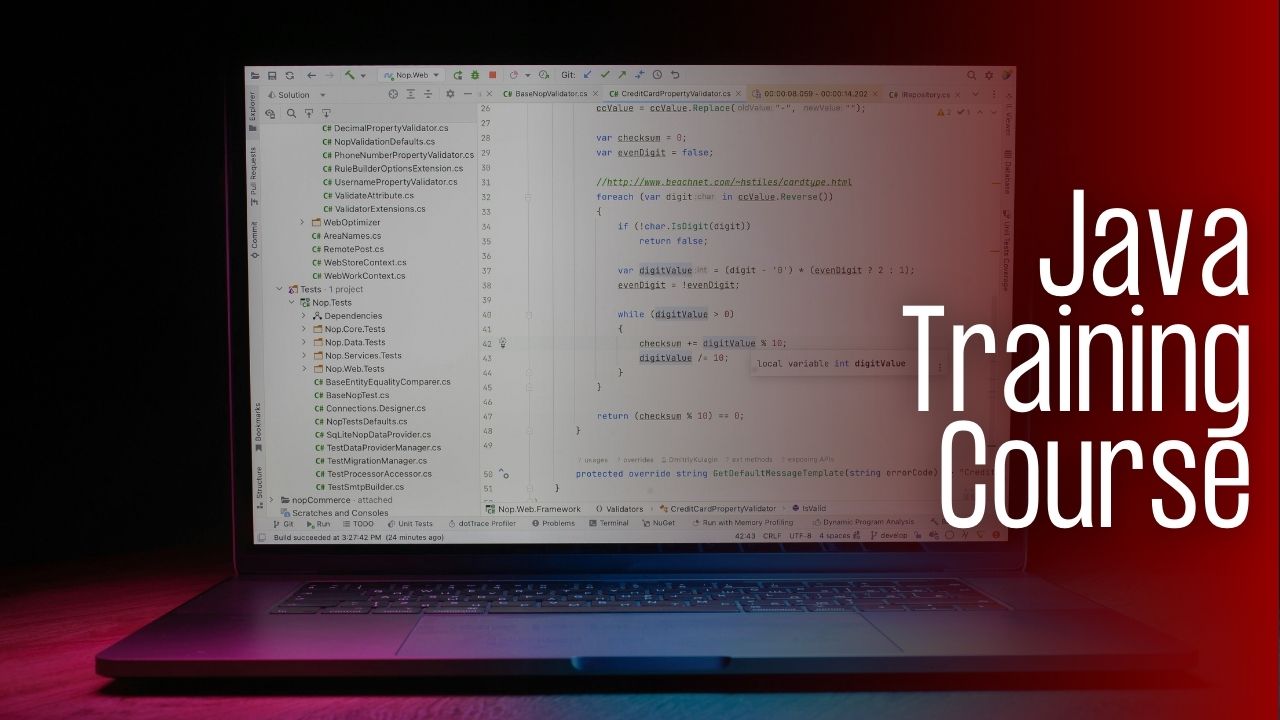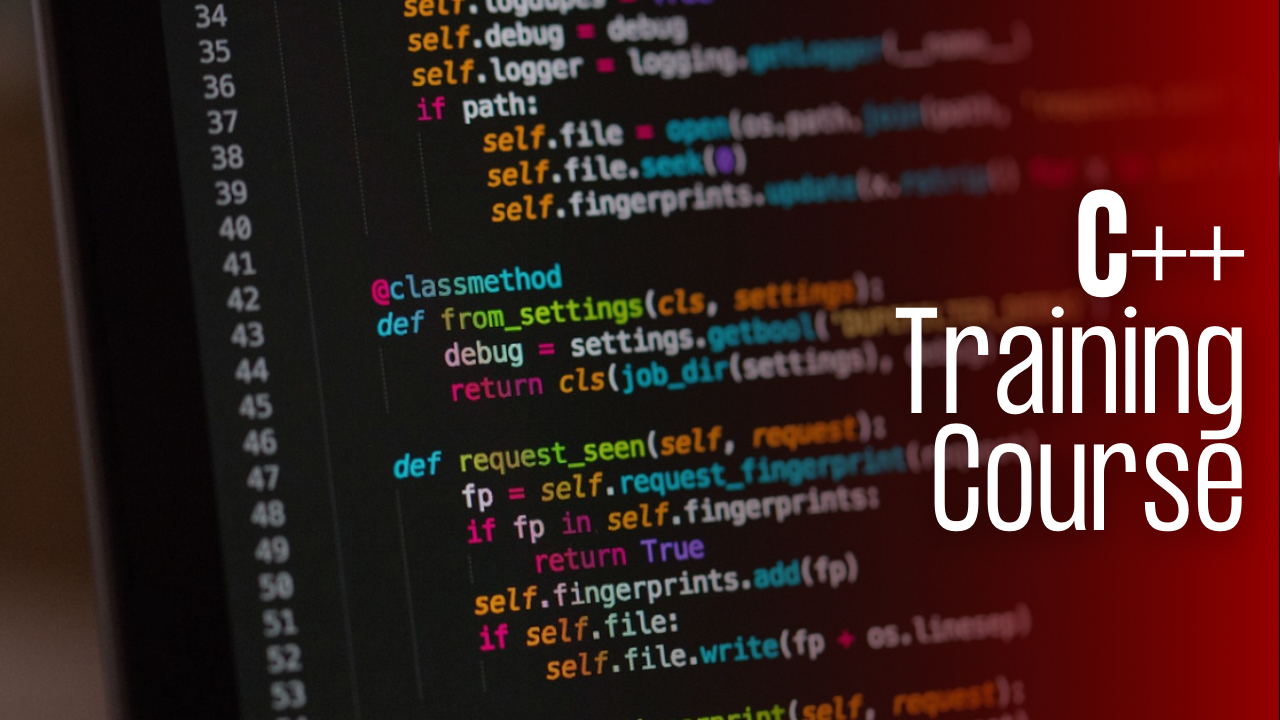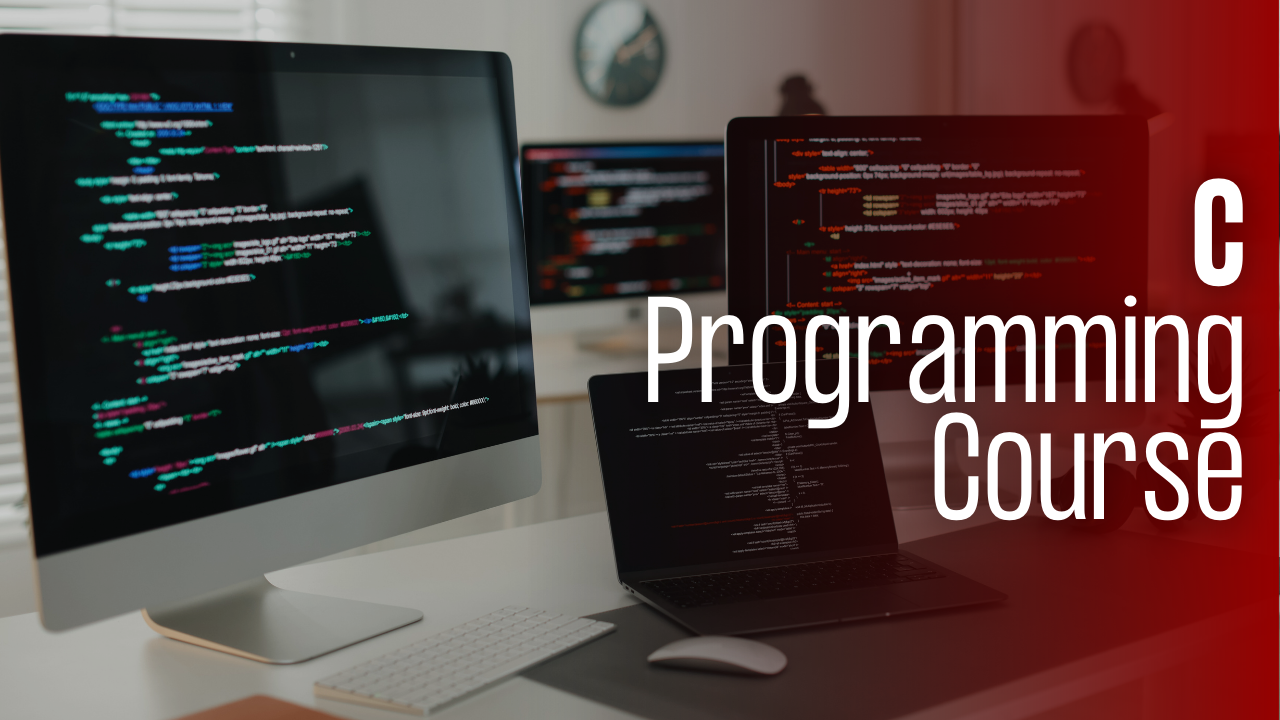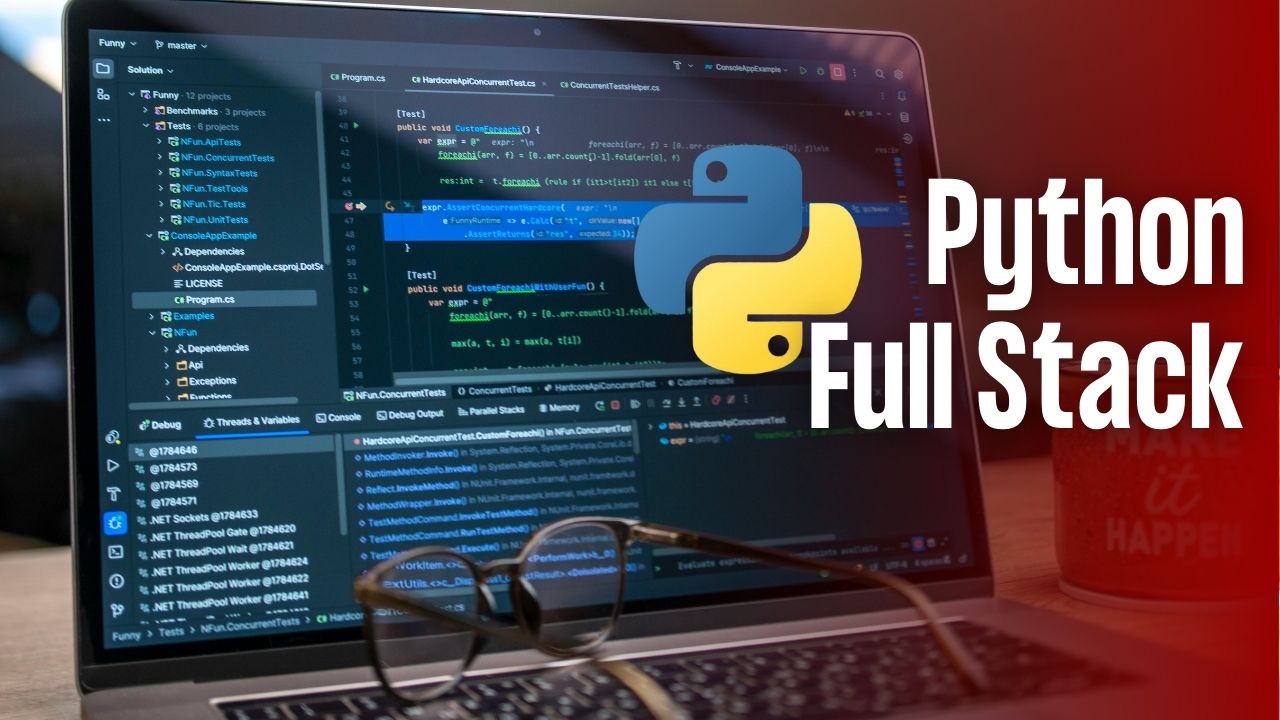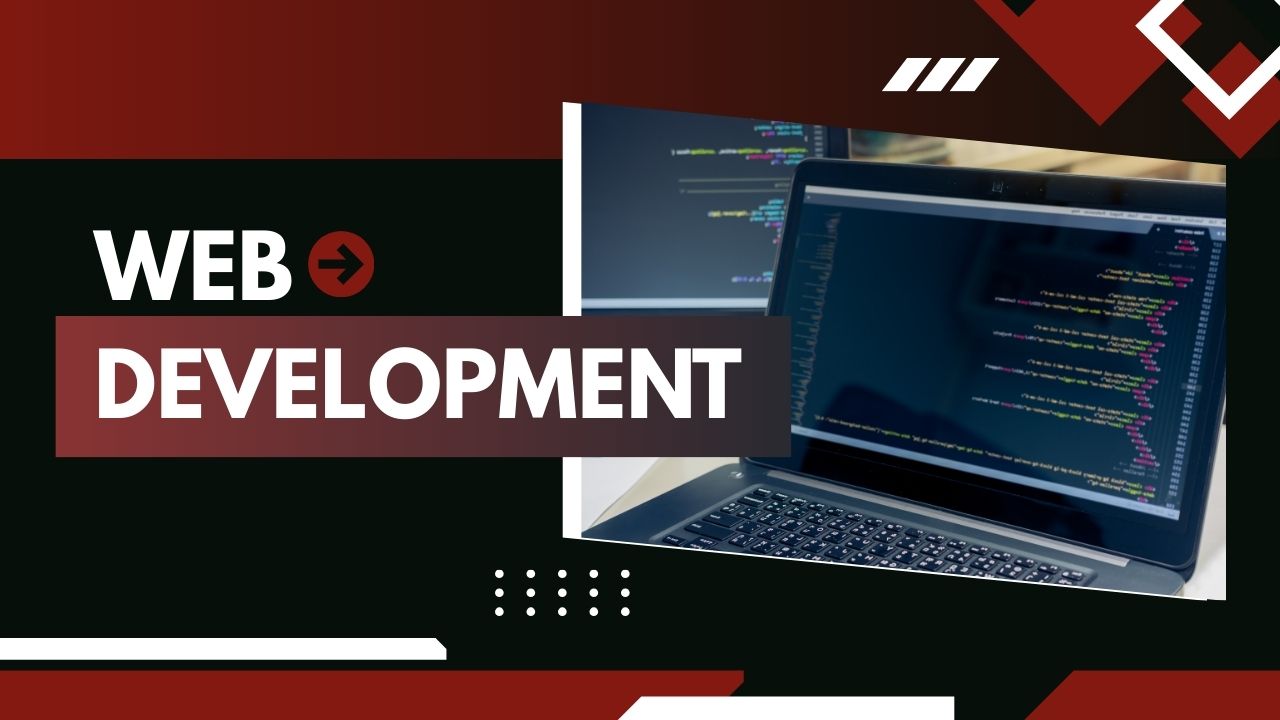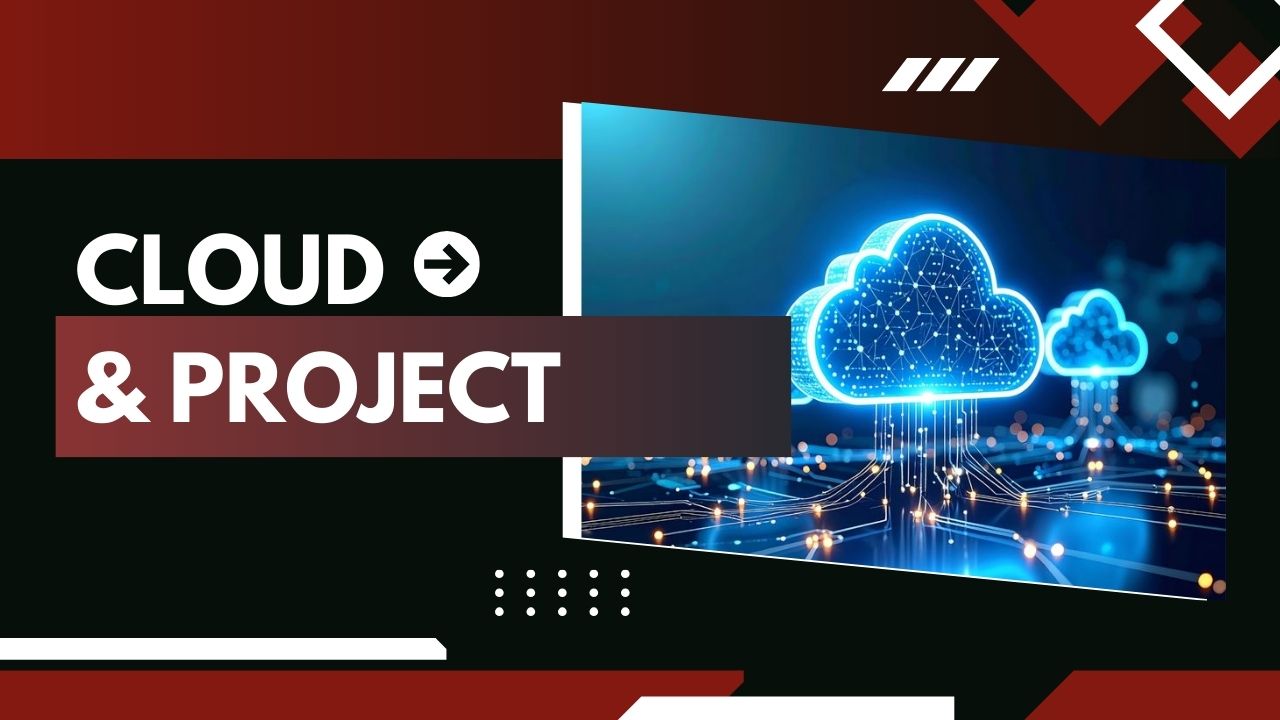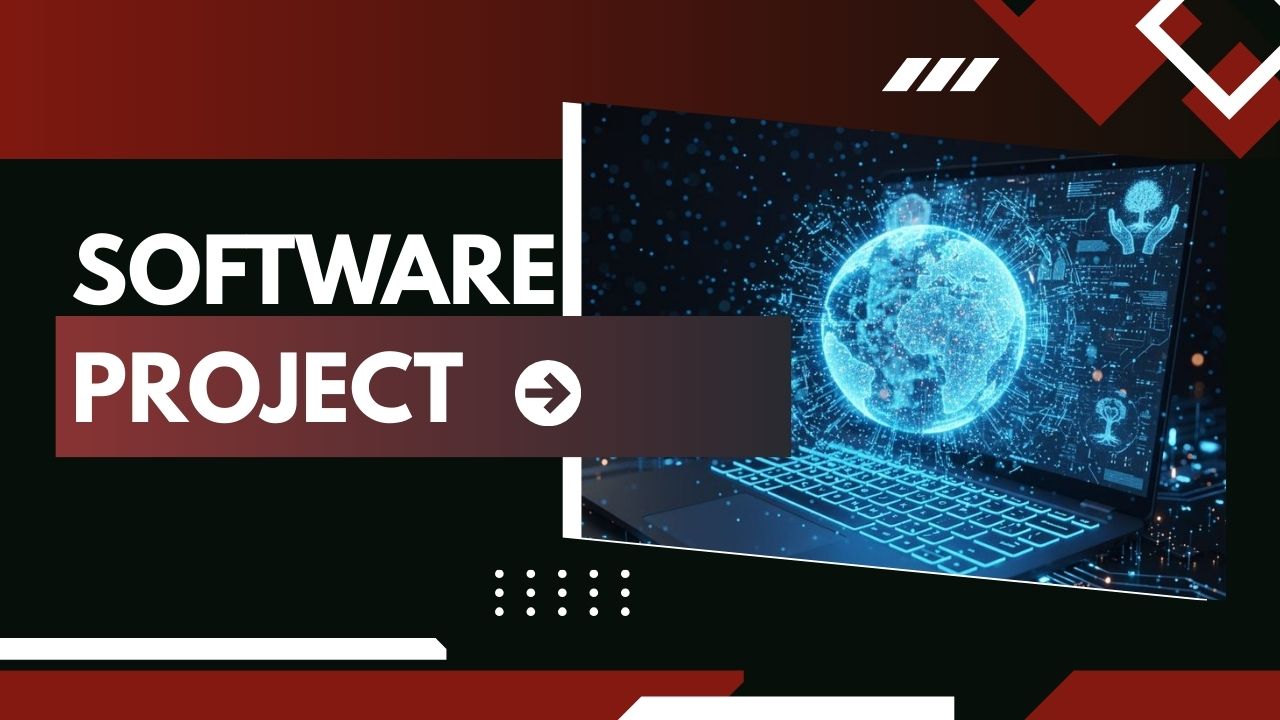Master of DevOps Professional – 6 Month Course
DevOps technology is all about bringing together software development and IT operations. To learn this technology, you can join 6 6-month course of the Master of DevOps Professional. This course is tailored for both beginners and professionals experienced in DevOps. In this course, you will learn about automation, continuous integration, continuous deployment, open-source tools, cloud computing, and other important DevOps practices in detail. The course focuses on enhancing your technical skills and providing hands-on practical experience relevant to the industry.
Course Topics:
- Linux and Shell Scripting: Introduction to DevOps fundamental technologies.
- Git & GitHub: Learning version control systems.
- Docker & Kubernetes: Container provisioning and management.
- Jenkins & CI/CD Pipeline: Automated build and deployment methods.
- Azure & AWS Cloud Services: Cloud Platform System.
- Continuous Monitoring & Logging: ELK Stack, Grafana, Prometheus, etc.
As DevOps technology continues to evolve quickly, this course will provide you with greater opportunities in the IT field. After you finish this course, you’ll be able to apply for the roles of DevOps Engineer, Site Reliability Engineer, and Cloud Engineer.
Course Highlights:
The goal of this course is to give a full understanding of DevOps technologies through practical workshops and live projects. It provides extensive training on the tools, techniques, and practices essential for linking software development and IT operations.
- Code and Configuration Management – Git, Ansible, Terraform
- Continuous Integration and Delivery (CI/CD) Processes – Jenkins, Docker, Kubernetes
- Cloud Computing and Infrastructure – AWS, Azure, Google Cloud
- Continuous Measurement and Evaluation – Prometheus, Grafana
- Automation Control and Security – DevSecOps Techniques
At the end of this training, students will gain a practical understanding of DevOps methodologies.
Course description:
DevOps is a management concept that facilitates collaboration between development and operations teams. In the 6-Month Course of Master of DevOps Professional, you with learn DevOps core principles, methodologies, and tools. This course provides hands-on training on system architecture, CI/CD, automation, containerization (Docker, Kubernetes), monitoring, and cloud services. This course will help you become a certified DevOps professional and expand your career opportunities. It also covers key topics like CCD, containerization, and cloud integration.
This course teaches DevOps concepts, automation, agility, and process improvements. It helps build an efficient system using techniques such as Continuous Integration (CI/CD), etc.
Objectives of the Course:
- DevOps Fundamentals:
Understanding DevOps principles to develop an automated culture.
- Automation and Continuous Integration (CI/CD):
Learn to implement automated processes to achieve rapid and seamless deployment.
- Containerization and Orchestration:
Mastering application management using Docker and Kubernetes.
- Cloud Computing:
Developing the skills required to implement DevOps on AWS, Azure, and Google Cloud.
- Management and Security:
Introduction to tools to manage systems with appropriate security measures.
- Valuation:
Gain hands-on practical training through live projects and industrial experience.
Prerequisites
- IT knowledge– Basic understanding of IT fundamentals and systems.
- Operating Systems and Networking– Should know about Linux/Windows operating systems and networking fundamentals.
- Knowledge of Programming Languages– Have analytical skills like Python/Bash scripting.
- Database Navigation– Should understand SQL/Non-SQL.
- Cloud and Virtualization– Knowledge of AWS/Azure/Google Cloud, etc.
Frequently Asked Questions (FAQ):
- Who can join this course?
Any IT professional, including developers, system administrators, and DevOps engineers, can join this course.
- How long is the course?
The duration of the course is 6 months, during which you'll receive 6 to 8 hours of training and practical learning every week.
- What will you learn in this course?
- Basic and Advanced Principles of DevOps Practices
- Continuous Integration (CI) and Continuous Delivery (CD)
- Docker and Kubernetes
- Cloud Computing Technologies
- Ansible, Terraform, and Jenkins
- Monitoring, Logging, and Security Validation
- Will the classes be held online or offline?
This course is delivered through online live classes, along with hands-on experience through practical projects.
- What kind of job opportunities can I expect after completing the course?
Once you finish this course, you can look for jobs such as
- DevOps Engineer
- Cloud Architect
- Systems Engineer
- Site Reliability Engineer (SRE), and other advanced roles.
- What kind of projects will be there for the course?
The projects in this course help with hands-on learning. For example:
- Building an Integrated DevOps Pipeline
- Fully Automated Delivery System through Application Deployment
- Cloud Infrastructure Management
- Will the course be certified?
Yes, a certificate will be awarded after successful completion of the course.
- What are the prerequisites to join the course?
- Basic programming knowledge (Python/Java/JavaScript)
- Linux and command line understanding
- Basic knowledge of cloud and networking.
- How practical is this course?
This course will help you acquire the skills needed to work in the DevOps field. You can get real-time experience through projects and live demos.
- What are the benefits of participating in this course?
- Practical experience and live projects
- Job preparation and interview training
- Affordable training fees and convenient payment plans
This course will help you strengthen your career and open up new opportunities in the IT field.
The CK – Master of DevOps Professional program is designed to transform learners into industry-ready DevOps Engineers capable of managing development and operations seamlessly.
In this course, students learn:
-
Continuous Integration and Continuous Deployment (CI/CD)
-
Container-based application deployment
-
Infrastructure automation
-
Cloud environment configuration
-
Monitoring and performance optimization
-
Security best practices in DevOps
At CloudKing Technical, a trusted IT training institute in Noida, learners work on real-time DevOps projects such as automated deployment pipelines, containerized applications, and cloud infrastructure setup. This hands-on experience makes it one of the best IT courses for professionals targeting DevOps Engineer roles.

